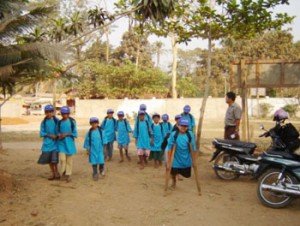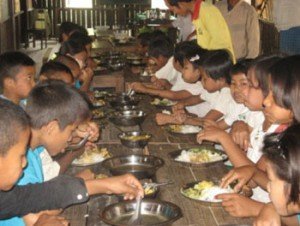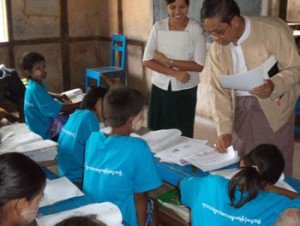What is NFPE ?
- An alternative learning programme which provides opportunity to out-of-school children aged 10 to14 years
- A second chance for primary education.
- A two-year programme comprising Level 1 and Level 2
- Equivalent to five-year formal primary education in terms of relevant knowledge and appropriate skills
Why NFPE ?
- The Universal Declaration of Human Rights (10-12 -1948) Article 26
Right to Education
- Everyone has the right to education. Education shall be free, at least in the elementary and fundamental stages. Elementary education shall be compulsory.
- The UN Convention on the Rights of the Child ;CRC Article 28
States Parties recognize the right of the child to education with a view to achieving this right progressively and on the basis of equal opportunity, they shall, in particular…..
- Make primary education compulsory and available free to all
- EFA NAP
Goal Area -1: Access and Quality of Education
Strategy – 2: Making Basic Education More Accessible to Children
- To undertake a pilot programme on NFPE
- To undertake a pilot programme on Non-Formal Middle School Education)(NFMSE)
NFPE is regarded as an important undertaking for achieving the aims of EFA NAP.
- Quality and equity outcomes
- The learner-oriented method is best suited for NFPE programme where out-of-school children can learn primary-level packages at NFPE classes.
- Policy Recommendations
- Formulate policy for the children of mobile workers in private sector.
- Enhance the implementation of NFPE and initiate, NFMSE for out-of school children.
Background
- NFPE programme was formulated in 1998 and initiated as a MOE/UNESCO/UNDP project in 11 townships.
- It was piloted in 2002-2003 to 2007-2008 in 59 townships by DBE -1.
- NFPE programme was reintroduced in 5 selected townships as a MOE/UNICEF project in 2008-09 AY and expanded more townships yearly.
- In 2015-16 AY, NFPE programme was expanded to 94 townships.





